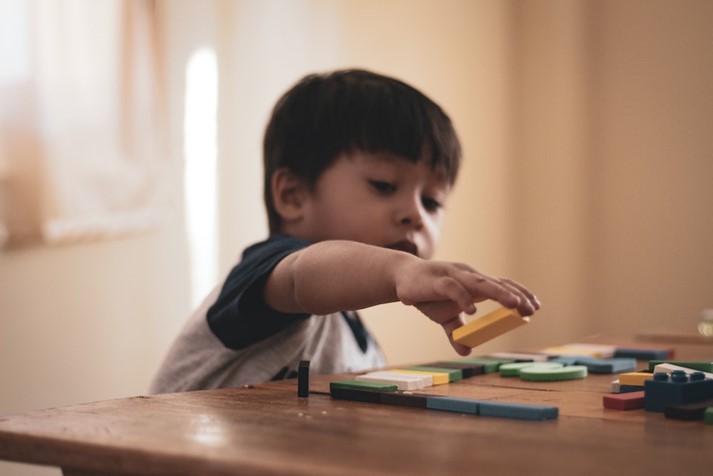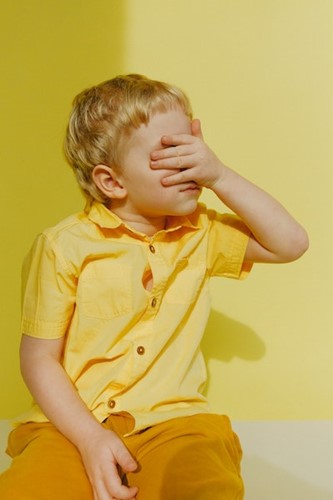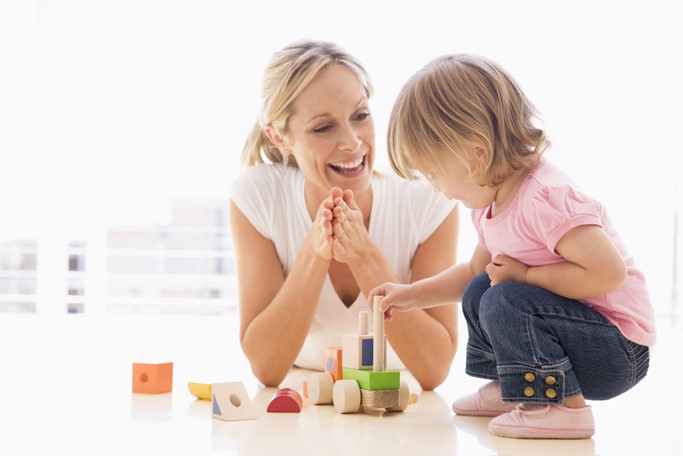These Games Are Actually Great For Childhood Brain Development

The early years of a child are filled with learning experiences. Many of the skills they will pick up and master come from various forms of play. Parents seeking to assist their child with learning can do so by playing games together. Game play is a great way to practice and perfect skills as it provides a fun and interesting way to learn. But what childhood games are best for this? We will take a closer look at the key games you should introduce and play regularly with your children in this article.
 Games That Involve Hiding And Memory
Games That Involve Hiding And Memory
At the top of our list is games that are essential to a child’s understanding of concepts that revolve around objects that exist even when they are hidden from plain sight. Examples of this type of learning include variations on the hide-and-seek type of game. For a toddler, this can take the form of counting to ten while you hide a favorite toy then let your child locate it.
As your child gets older, you can introduce games that have a memory component. Picture cards are great for this as games can be created where colors should match, or the game includes matching pairs, pictures and more. The best way to build a memory with this type of game is by turning cards face down and having the child uncover one and try to locate a match.
Once the child reaches the age when they will be entering school, the same memory and hide-and-seek games can be utilized but at a different level. Playing cards can feature letters, numbers, small words or symbols. The hide-and-seek part of the game can increase to more than a handful of cards face down and the matching of two or more cards at a time.
Games That Involve Sorting
These are the kinds of games that demonstrate to children that there exists both similarities and differences between objects and how to recognize them. Puzzles are an excellent starting point and for young children, sorting their toys by color, size, shape or whatever will become a fun chore to do daily. Sorting clothes from the laundry is another great way to teach these skills.
When children are encouraged to participate in sorting games they learn about categories and how to determine if an object fits or doesn’t fit into a specific category. These lessons also teach your child how important sorting or categorizing things can be in a practical situation. This leads to organizational skills that can be practiced throughout your child’s life.
Games That Involve Cards
A deck of ordinary playing cards can provide many different learning opportunities. They are also effective with children of all ages. Matching suits or sorting cards according to color is a great introductory lesson for toddlers. For children who are learning to count, playing cards assist with recognizing what these numbers look like and their sequence.
Playing cards can introduce the concept of comparison to some children. With a pair of cards dealt to the child, they will be able to hone their comparing skills by determining which card of the two is greater in value than the other and when both cards are of equal value. Learning what different amounts are through card values and numbers is an effective developmental game.
Games That Involve Movement
Children are not always the best at sitting still or staying quiet but that shouldn’t hamper learning. One way to provide the outlet for your child to move about is by introducing games that can be played outdoors. Hopscotch is an easy one as this permits children to practice two different skills at once – counting along with number recognition.
Younger children can be directed to count as they move from square to square while older children would be expected to actually locate the number being called. Another skill that comes from this type of outdoor game is an understanding of multi-step directions. This helps them to practice memory skills along with the ability to string together several movements.
As the child ages, outdoor activity will also grow. Several different playground games assist with learning ranging from the traditional hide-and-seek to running and jumping games. Ping Pong is a simple game that teaches motor skills and as well as the importance of sportsmanship. To find out more about this great game for the entire family, check out GiftWits.

Games That Involve Building Something
There is no shortage of games that fall under this category. Building blocks or games that contain pieces that must be joined together to become something are excellent choices. They help children to organize, work ahead, follow instructions, use their memory and so many other skills. They also learn about goals as they build to create a final project.
Games That Involve Imagination
Toy soldiers, stuffed animals, and assorted other small handheld toys can assist with the development of your child’s imagination early in life. They will create storylines and characters that will interact with one another building complex imaginary relationships. Having an active imagination while growing up gives children a strong sense of creativity.
In Conclusion
As a parent, you can give your child a great deal of support in their learning by introducing various games and activities that will enhance their brain development. When you begin these activities while your child is still very young, you equip him or her with the skills they will require when they enter school and beyond.
Their young brain is much like a sponge as they soak up all the information provided to them as they grow. By using this time in the early life of your child to practice learning games and activities, you give your child a slight advantage and the ability to build on those skills. By being proactive and participating in the process, your child will benefit greatly from your support and assistance with their learning. Children learn from doing and when you start them early, you help them greatly.
This article comes from Marina Turea, content manager at Digital Authority Partners.